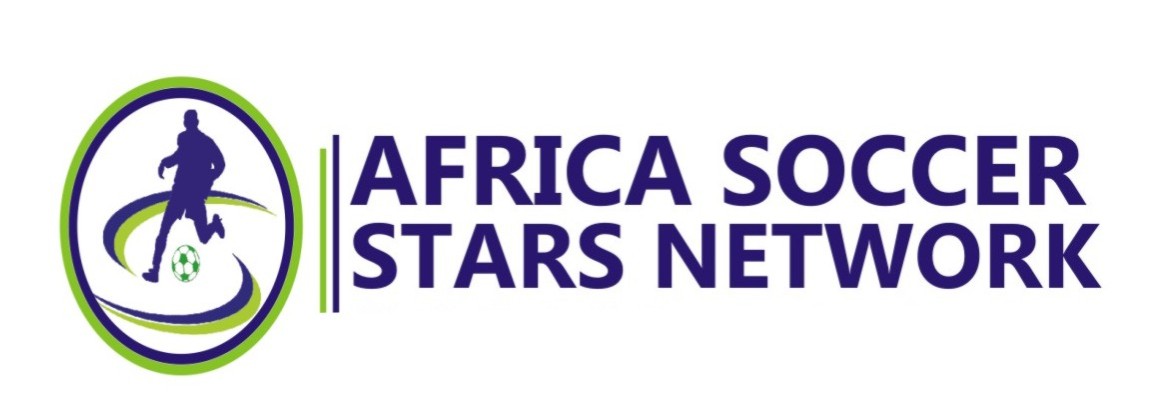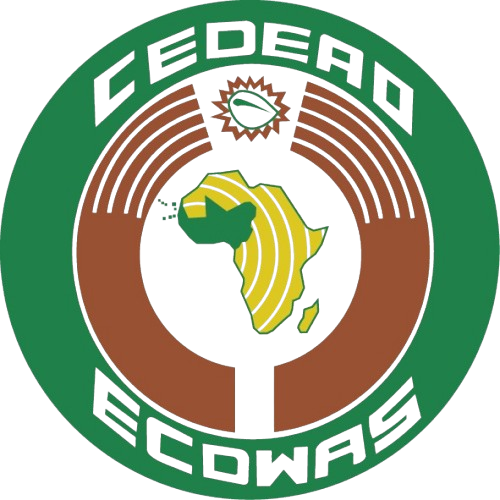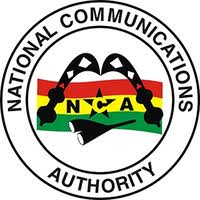"Save the child, Save the future, Save the world'
School Feeding Program Launched at Lulo – Sissala, Upper West Region
The Millennium Child Support Group (MCSG), with support from the ECOWAS Commission and the Spanish Cooperation, officially launched a School Feeding Program at Lulo in the Sissala area of the Upper West Region.
The launch marks a significant step toward improving nutrition, school attendance, and learning outcomes for children in rural and underserved communities. The program aims to provide nutritious daily meals to pupils, reduce hunger in classrooms, and support local farmers by sourcing food items locally.
The event brought together community leaders, parents, school authorities, and local government representatives, all of whom expressed strong support for the initiative. Children, parents, and teachers welcomed the program with enthusiasm, acknowledging its potential to enhance student well-being and academic performance.
This launch forms part of a broader effort to strengthen food security, promote child development, and contribute to the long-term goals of the Action for Women’s Health and child protection in the region.
Borehole Drilling Underway to Support School Feeding Program
Borehole drilling is currently underway to provide clean and safe drinking water to support the School Feeding Program and benefit the entire community. This initiative aims to improve hygiene, food preparation, and overall well-being, ensuring that children have access to nutritious meals and a healthier learning environment.
As part of its Action for Women’s Health initiative, the Millennium Child Support Group (MCSG)
has actively engaged in community women mobilization and awareness campaigns across targeted areas, including rural and underserved communities.
Through door-to-door outreach, women’s forums, and local gatherings, MCSG mobilizes women to participate in activities focused on:
These campaigns are complemented by vibrant stakeholder meetings involving traditional leaders, health workers, educators, assembly members, and youth groups. These dialogues foster community ownership, encourage policy support, and ensure services are responsive to local needs.
The collaborative approach enhances health literacy, strengthens referral systems, and builds trust between communities and health service providers—making the interventions more impactful, equitable, and sustainable.











